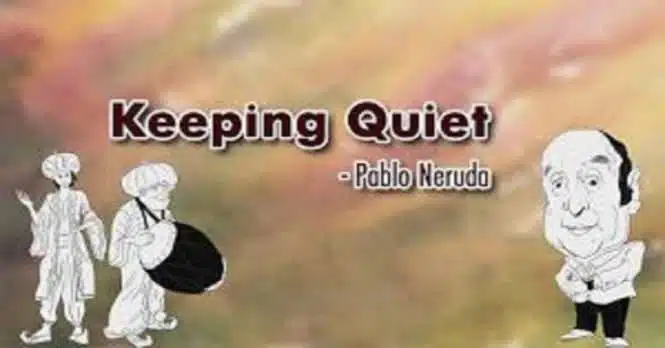
Keeping Quiet Long Questions are created by experts. Go through and gain confidence. We at edumantra highly appreciate your feedback regarding Keeping Quiet Long Questions and Answers.
Keeping Quiet Long Questions
By- Pablo Neruda
Important Long/ Detailed Answer Type Questions- to be answered in about 100 -150 words each Value based questions-
Q1. What does the narrator mean by ‘green wars’? What will be the consequence of such a war?
Ans. ‘Green wars’ means the war against the environment. In our pursuit of progress and materialism, we forget the harm we cause to the world. Our resources are depleting. If we don’t take measures to save our environment, our children will not enjoy the resources available to us.
Q2. What according to Pablo Neruda would be the ultimate end of a man if the present scenario of wars continues?
Ans. If the present scenario of conflict continues, there will be a victory but no ‘survivors’. Pablo Neruda suggests that we must all keep still and introspect so that there is peace and world unity. It is only during the few seconds of silence and inactivity, that man will be able to take stock of his harmful activities and then try to practise harmony and brotherhood in the world.